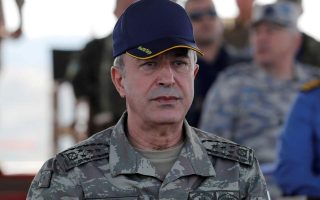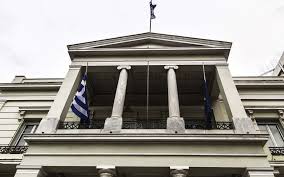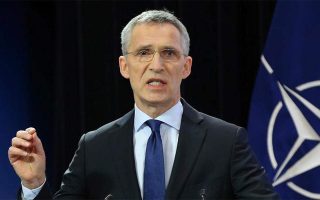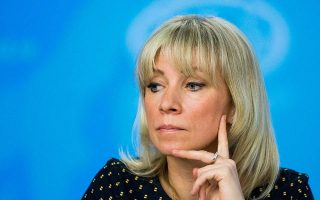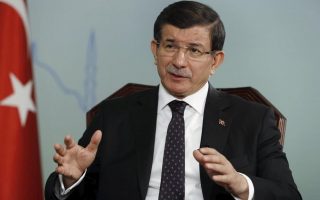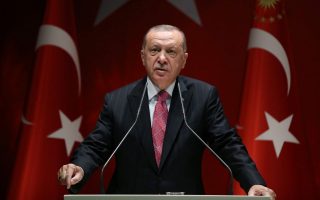Push for diplomatic breakthrough in East Med amid uncertainty
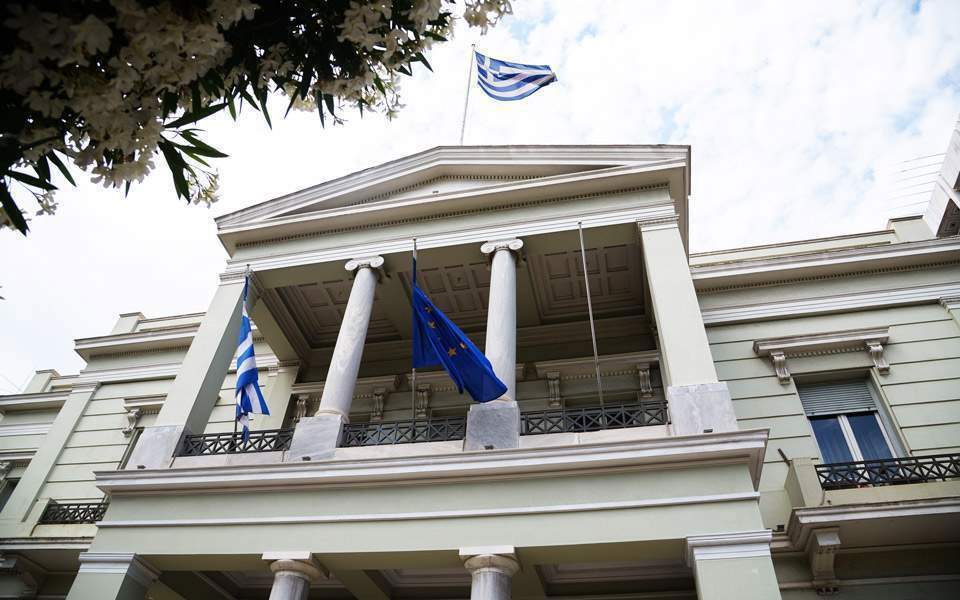
German Chancellor Angela Merkel on Thursday resumed efforts to reduce tensions in the Eastern Mediterranean, following Wednesday’s public call by US Secretary of State Mike Pompeo for a moratorium and dialogue. Merkel contacted Turkish President Recep Tayyip Erdogan to discuss the situation. Until late on Thursday night she had not spoken to Greek Prime Minister Kyriakos Mitsotakis.
According to Turkey’s Anadolu news agency Erdogan described the attitude of some European countries supporting what he called “the selfish and unjust behavior of Greece” as “unacceptable.”
Also on Thursday, it emerged from Turkey that the Presidential Palace forwarded Erdogan’s speech to a closed meeting of party officials to the Turkish press, suggesting that he wants dialogue with Greece. According to Turkish media, Erdogan stated that “on the issue of the Eastern Mediterranean, we will proceed within the framework of diplomacy. Turkey is 100% right regarding its rights in the East Med.”
If Greece stops increasing tension, he said, then through diplomacy both countries can reach a “win-win” situation. “We must highlight the collaborations and mutual support efforts we had with the countries of the region, mainly with Greece, to bring this effort to the table of dialogue and to explain it to the public,” he said.
His remarks were received with some caution in Athens, as on the one hand Turkey’s Oruc Reis survey vessel is still active in the area south of Kastellorizo, and on the other Erdogan’s incendiary rhetoric in recent days has been anything but conciliatory.
“It’s up to Ankara to choose either de-escalation or sanctions,” government spokesman Stelios Petsas said on Thursday, adding that “dialogue under threats is not possible.”
Meanwhile Greek diplomatic sources refuted reports according to which Greece and Turkey had agreed to NATO-brokered technical talks. The comments came in response to a statement by NATO Secretary-General Jens Stoltenberg that the two countries’ leaders had agreed to start talks.
“We take into account the NATO secretary-general’s intention to work to establish de-escalation mechanisms within NATO,” the sources said. “However, de-escalation can only be achieved with the immediate withdrawal of all Turkish ships from the Greek continental shelf,” they added.
Russia’s Foreign Ministry spokeswoman Maria Zakharova denied meanwhile that Moscow is supporting Turkey after it was announced that Russia will hold live-fire naval exercises in the Eastern Mediterranean. Moscow, she said “[does] not seek to benefit from cross-border discord.”
“This approach fully applies to the Eastern Mediterranean, a sensitive and explosive region,” she said.
